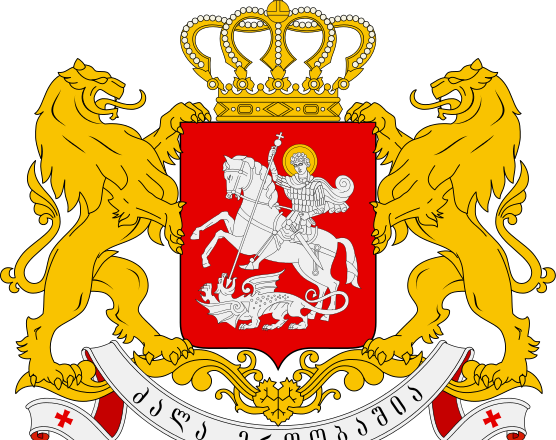A nation must think before it acts.
When Georgians go to the polls for parliamentary elections on October 8, they will have the luxury of choosing between candidates and parties that represent a real array of ideologies and visions: liberals, conservatives, Westernizers, Russia accommodationists, free traders, economic protectionists, and just about everything in between. For regional watchers, this is no small thing; Georgian politics have long been bruising and personality-driven, which makes the relative normalcy of this year’s multiparty contest all the more striking. There are still risks; Georgian democratic culture is still in its infancy and some rogue elements are potentially keen to stoke unrest, but there is a sense that Georgia’s upcoming elections are poised to represent yet another step forward.
Of course, it’s been a long road getting to this point, and the personalities and patronage haven’t entirely gone away—the open courtship of anti-Western and pro-Russian votes is perhaps this cycle’s chief novelty, and opera singer Paata Burchuladze’s political bid is almost entirely buoyed by his personal fame. But in a region that seems locked in cycles of authoritarianism and tumult (or both), the peaceful clash of competing policy platforms is a welcome sight. Indeed, compared to nearby Azerbaijan and Russia, which recently held their own deeply flawed polls, Georgia’s election season appears positively European—a standard that has also eluded neighbors Armenia and Turkey in recent years. Georgia’s democracy remains young and fragile, and the possibility for unrest and even violence is never out of the question, but Georgians can reasonably expect that their parties will be able to compete fairly, win or lose on their own terms, and live to fight another day.
Yet if the Georgian election process is mostly heartening, it is also leavened with a distinct sense of uncertainty. Pre-election polls have been consistent in their inconsistency, and the chance of an election day surprise is all too real. Most of the good money points to victory by the incumbent Georgian Dream (GD) party, which leads the now-ruling eponymous Georgian Dream coalition government. However, GD’s careening poll numbers and the very high levels ofundecided voters puts a variety of scenarios within the realm of possibility.
For now, most local and international attention will be fixed on the fortunes of GD and the opposition United National Movement (UNM), which GD defeated to win power in the 2012 parliamentary elections. Despite some major fluctuations over the year, many polls indicated a tight race between the two parties.




